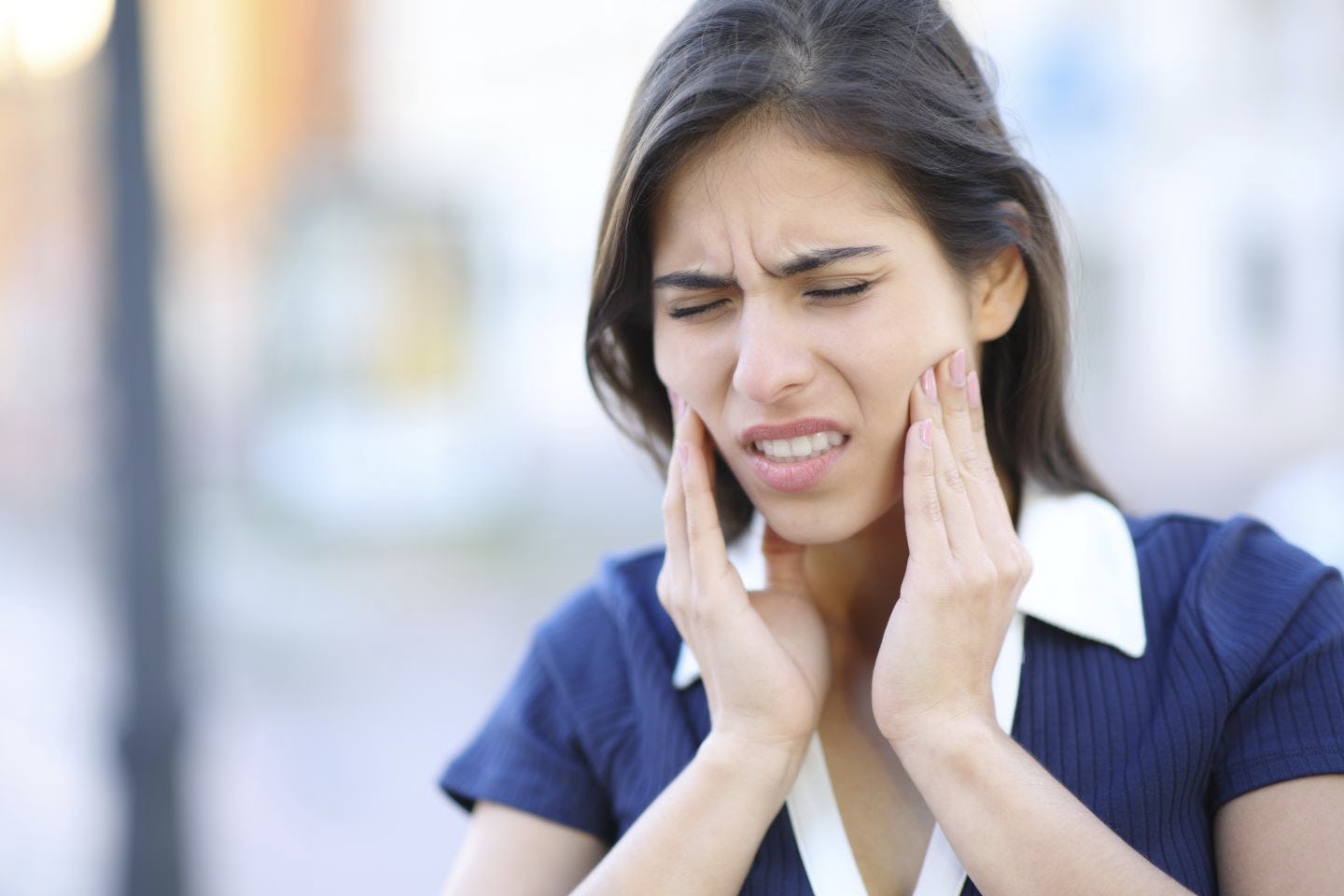What is it?
Temporomandibular Joint (TMJ) Dysfunction affects the jaw joint and surrounding muscles, causing pain, stiffness, and difficulty with jaw movement. It can result from stress, teeth grinding (bruxism), poor posture, injury, or joint disorders. Common symptoms include jaw pain, clicking or popping sounds, headaches, ear pain, and difficulty chewing.
How Physical Therapy Can Help
Our physical therapy treatments for TMJ dysfunction focus on:
- Pain Relief – Hands-on techniques, dry needling, and ultrasound therapy to reduce pain and inflammation.
- Muscle Relaxation & Strengthening – Targeted exercises to improve jaw function and reduce muscle tension.
- Posture & Habit Correction – Education on proper head, neck, and jaw alignment to prevent strain.
- Jaw Mobility Improvement – Manual therapy and stretching techniques to restore normal jaw movement.
Relation to head and neck pain
-
The neck and jaw work together seamlessly in everyday activities such as talking, eating, and swallowing. When the cervical spine experiences pain or discomfort, it can influence the function of the temporomandibular joint (TMJ), sometimes leading to symptoms like jaw pain or headaches. Similarly, issues with the TMJ may affect neck mobility and comfort. At our clinic, we recognize the vital connection between these regions and tailor our approach to help improve overall function, so you can enjoy smoother, more comfortable daily movements.

